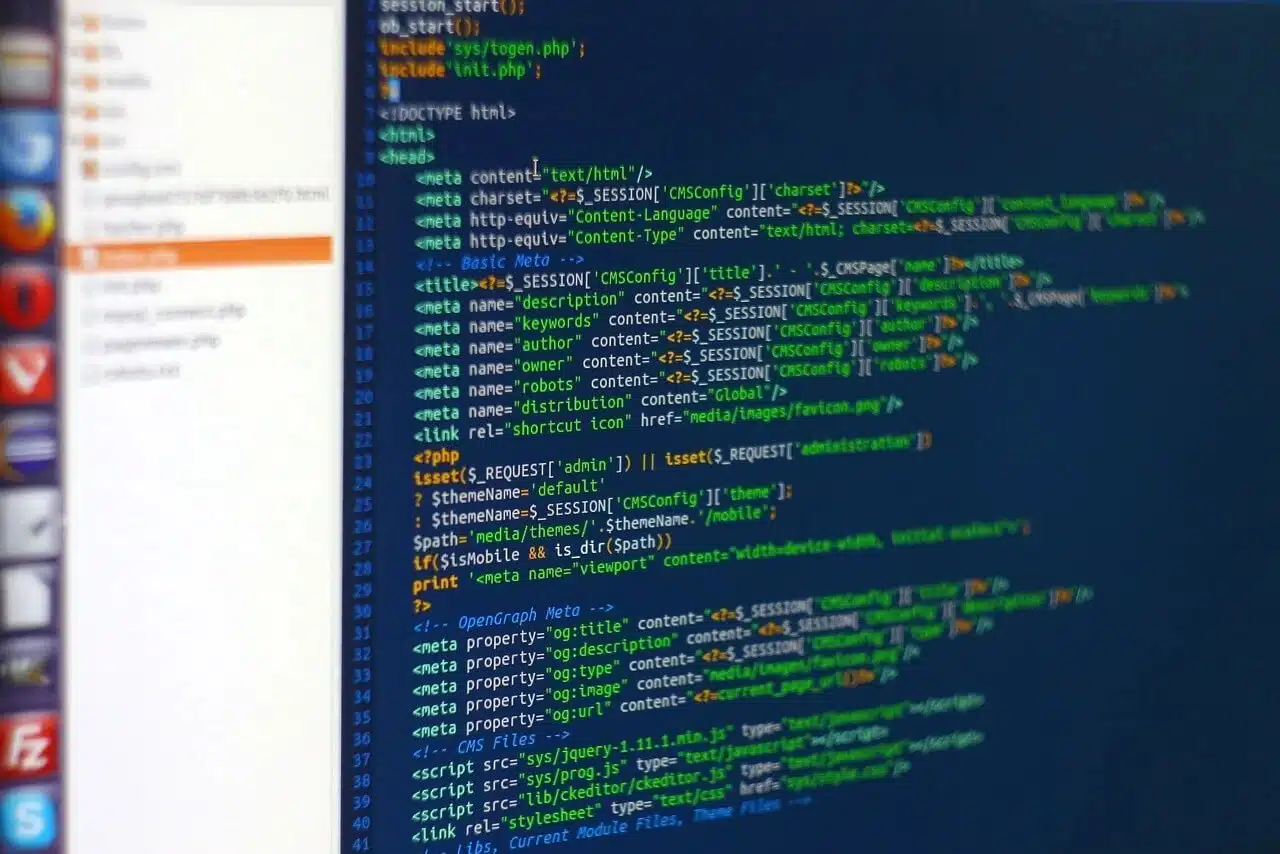The Biden administration has dropped its appeal of a court decision that rejected new regulations restricting hospitals’ use of web-tracking tools. A Texas judge ruled the administration’s efforts illegal in June.
DVUEFI was created to assist ethical hackers, security researchers, and firmware enthusiasts in beginning their journey into UEFI firmware security by providing examples to explore potential vulnerabilities.
A new twist on the old sextortion scam involves sending personalized emails with webcam footage of individuals and a photo of their home, obtained from online mapping applications.
Security researchers have identified six vulnerabilities, including a race condition in the Bluetooth RFCOMM protocol driver that can crash the system, a race condition in the Bluetooth subsystem, and a double-free error in the net/mlx5e module.
Researchers have traced the new ManticoraLoader malware-as-a-service (MaaS) to the cybercriminal group ‘DarkBLUP,’ previously associated with distributing AresLoader and AiDLocker ransomware from the DeadXInject group.
Security researchers discovered a SQL injection vulnerability in FlyCASS, a third-party web service used by airlines to manage the Known Crewmember (KCM) program and the Cockpit Access Security System (CASS).
A North Korean APT used a Google Chrome zero-day flaw, CVE-2024-7971, to deploy the FudModule rootkit. Microsoft researchers linked these attacks to Citrine Sleet (AppleJeus, Labyrinth Chollima, UNC4736, or Hidden Cobra) with medium confidence.
Roblox developers are being targeted by a new malicious npm campaign. Cybercriminals have created fake Roblox npm packages with the aim of deploying a remote access trojan called Quasar.
The malicious DLL implant for the Cobalt Strike attack toolkit gets injected into the Windows binary “runonce.exe,” giving total control to the attackers. The campaign further deploys various malicious tools for reconnaissance and data exfiltration.
A Forescout report highlighted a 43% increase in published vulnerabilities, with 23,668 reported in H1 2024. Ransomware attacks also rose by 6%, totaling 3,085 incidents, with the U.S. being the most targeted country.








